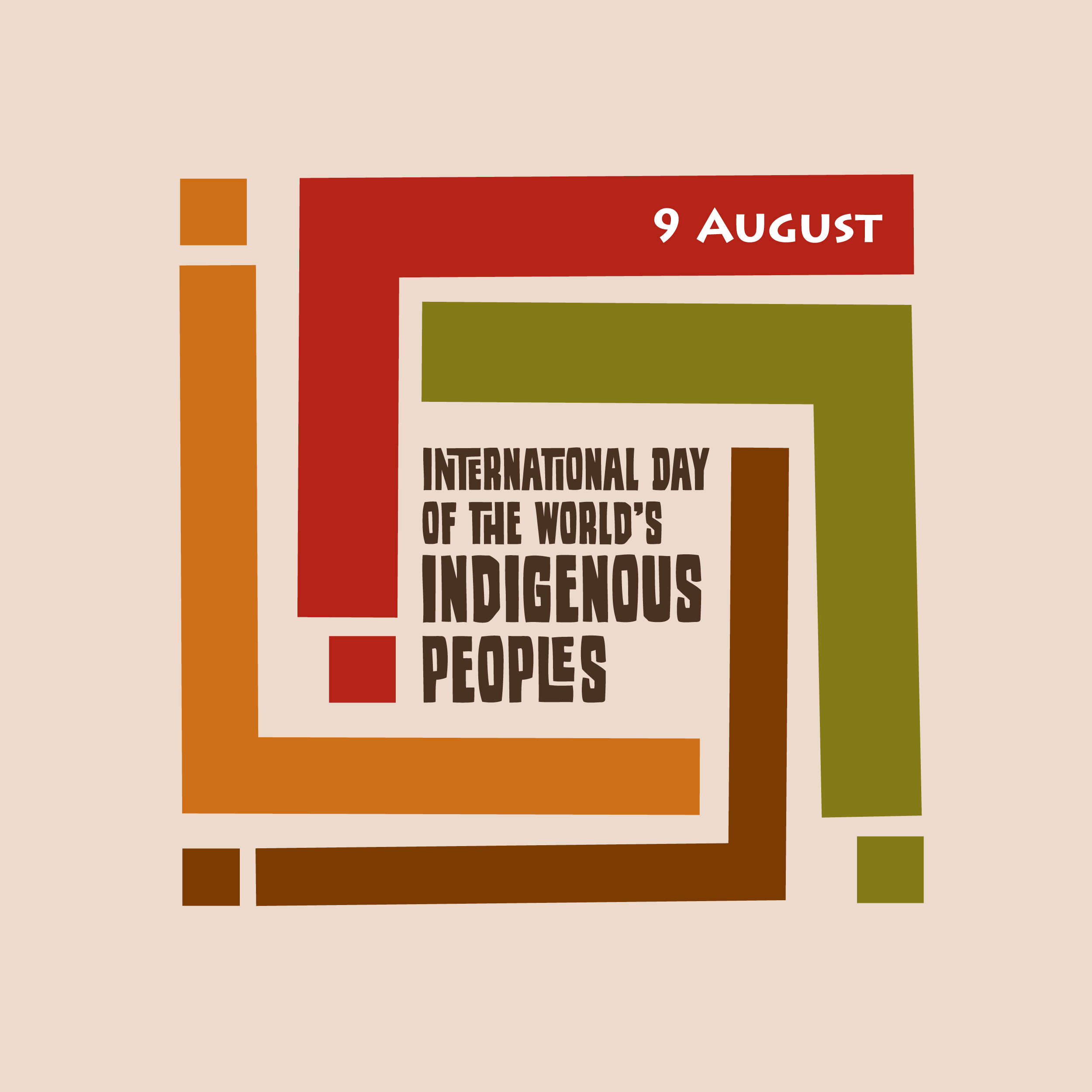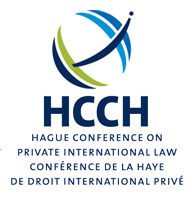The bad example set by Australia is damaging a global system already in crisis. But it’s not too late to change tack
The bad example set by Australia is damaging a global system already in crisis. But it’s not too late to change tack
Cara North is a Senior Associate at Lipman Karas LLP in London, and a Consultant for the Hague Conference on Private International Law (Hague Conference) on the Judgments Project. She has worked on a number of complex, high-value international fraud and insolvency cases, and has a particular interest in private and public dispute resolution. Cara will be speaking at the seminar on Challenges with Foreign Judgments, taking place on Wednesday 22 August from 9am – 10:30am. Her paper is entitled ‘A Piece of the Puzzle: The Judgments Project and Transnational Legal Cooperation in Challenging International Times.’
 This article is part of a series posted by the ILA Reporter to mark International Day of the World’s Indigenous Peoples.
This article is part of a series posted by the ILA Reporter to mark International Day of the World’s Indigenous Peoples.
On 23 December 1994, the United Nations General Assembly in its resolution 49/214 declared that the International Day of the World’s Indigenous People shall be observed on 9 August every year. The date commemorates the day, in 1982, of the first meeting of the UN Working Group on Indigenous Populations.
The theme for this year is “Indigenous peoples’ migration and movement” in recognition of Indigenous peoples’ continuing loss of lands, territories and resources due to development and other pressures. The unfortunate truth is that Indigenous peoples around the world continue to be forced to leave their homelands whether because of conflict, persecution and climate change effects to find better opportunities elsewhere. With migration and forced displacement, Indigenous peoples risk facing further alienation from their lands and customs and further disadvantage and discrimination as they try to create new lives for themselves away from their homelands. The issues facing the world’s Indigenous peoples are vast and complex and would require significant investment of time and resources for there to be any meaningful improvement to their lives. In that regard, the commemoration of International Indigenous Peoples’ Day might appear to be merely a token gesture when compared to the amount of work needed to make a difference. However, it is also true that such an event provides an opportunity for the international community to reflect on the challenges facing Indigenous peoples and explore ways forward to ensure Indigenous peoples’ laws and customs are protected and their rights are upheld whether they are living on or outside their traditional territories.
Bernard Collaery was once the Attorney-General of the Australian Capital Territory but he now finds himself seated in the dock in that jurisdiction along with his client, a former officer of the Australian Security Intelligence Service (ASIS), known as Witness K. Mr Collaery and Witness K have been charged with allegedly breaching section 39 of the Federal Intelligence Services Act 2001, which makes it an offence to communicate “any information or matter that was acquired or prepared by or on behalf of ASIS in connection with its functions or relates to the performance by ASIS of its functions.” The matter is being dealt with in the ACT Magistrates Court and carries a maximum penalty of 2 years.
 An information session about the work of the Hague Conference on Private International Law (the Hague Conference) will be delivered by Brody Warren, Legal Officer of the Permanent Bureau of the Hague Conference on 23 August 2018.
An information session about the work of the Hague Conference on Private International Law (the Hague Conference) will be delivered by Brody Warren, Legal Officer of the Permanent Bureau of the Hague Conference on 23 August 2018.
Brody Warren was the 2014 Peter Nygh Hague Conference Intern. After completing his internship in 2014, Mr Warren was appointed as a legal officer of the Hague Conference, and he continues to hold that position. Mr Warren will speak about the current work of the Hague Conference and will answer any questions which prospective applicants for the Peter Nygh Hague Conference Internship may have.

This article is part of a series posted by the ILA Reporter to mark International Day of the World’s Indigenous Peoples.
‘Treaty’ is a loaded word and concept. This is particularly the case when it is viewed through the lens of western jurisprudence which is applied to the politico-legal relationships between First Nations and colonial settler states.
In colonial relationships, the question of power is central to the view and version of how a treaty is privileged. Historically, the treaties entered into between colonial states and First Nations have favoured one treaty party – the colonial state, in every instance.
It is curious that people who were so insistent on privacy in their ordinary lives, the British, should have been so neglectful in developing effective judicial and other legal rules for its protection. Nowhere was this irony more noticeable than in the Australian outposts of the British Empire.
The ability of an applicant for refugee status to relocate within their country of origin to escape persecution forms the basis of an important concept in international refugee law, known variously as the “internal relocation alternative”, or the “internal flight alternative”. The concept provides that if internal relocation is relevant and reasonable, the applicant is not a refugee. The concept is not codified in the Convention Relating to the Status of Refugees, however, it is relevant to the question of whether the applicant meets the definition of “refugee” as set out in Art 1A(2) of the Convention, as being any person who:
Close to twenty years after the Organisation for Economic Co-operation and Development (OECD) Convention on Combating Bribery of Foreign Public Officials entered into force, significant reform of Australia’s anti-bribery architecture is underway. Parliamentary debate over the Crimes Legislation Amendment (Combatting Corporate Crime) Bill 2017 (Cth) (the Bill) is anticipated during the next half of 2018. With an anti-bribery focus, the Bill presents an opportunity for Australia to play a greater role in the global fight against corruption and its pernicious effect on fair business and basic human rights. Sentiments expressed by Kofi Annan on the adoption of the 2003 UN Convention against Corruption are no less pertinent today. Imploring all nations, prosperous and less prosperous, to cooperate against corruption, the then Secretary-General noted that it ‘hurts the poor disproportionately by diverting funds intended for development, undermining a government’s ability to provide basic services, feeding inequality and injustice, and discouraging foreign investment and aid’. Relatedly, bribery and corruption stagnates the rule of law and breeds distrust in government institutions.
I recently had the opportunity to interview William Brydie-Watson, a legal officer at the International Institute for the Unification of Private Law (Unidroit). Unidroit was established in 1926 as an auxiliary body for the League of Nations, and then reformed in 1940 under the Unidroit Statute. Its purpose is to study and develop needs and methods for modernising, harmonising, and coordinating private law between States, with a focus on commercial law. Mr Brydie-Watson oversees the development of several of Unidroit’s current legislative projects, acts as Unidroit’s representative to APEC, manages the Unidroit Foundation as well as supervising interns and research scholars at Unidroit.